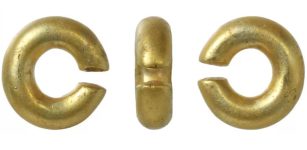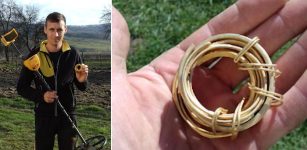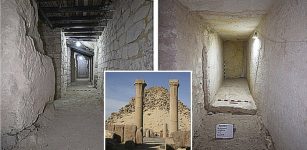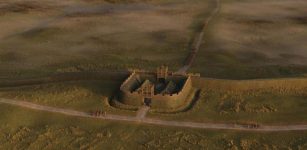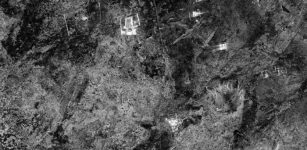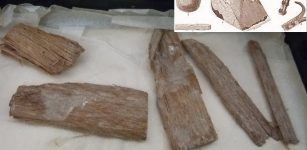Marble 2th Century AD Statuette Of Goddess Cybele Unearthed In Bulgaria’s Plovdiv
Conny Waters - AncientPages.com - A marble statuette of the Roman goddess Cybele has been unearthed during archaeological works at the Forum site in Bulgaria’s city of Plovdiv, reports The Sofia Globe.
The statuette is believed to date from the second century CE and was part of the pantheon of Philippopolis, an ancient name of Plovdiv, during the Roman era.
The archeological team headed by Maya Martinova-Kutova and Bilyana Grueva-Zdravcheva made the find.
In Roman mythology, Cybele was the universal mother, not only of the gods but also of all humans, animals and plant life. Her equivalent in Greek mythology was Rhea.
Cybele was the Phrygian great mother goddess, who represented all of womankind. She was the goddess of all life, nature, and fertility. It is the only known goddess of Ancient Phrygia (part of the ancient kingdom of Anatolia). She was also worshiped in Ancient Thrace, Greece, and Ancient Rome.
The Roman cult for Cybele emerged during the Second Punic War (218-201 BC) based on a prophecy commanding that a great eastern goddess be brought to Rome to rescue it from the Carthage forces led by Hannibal.
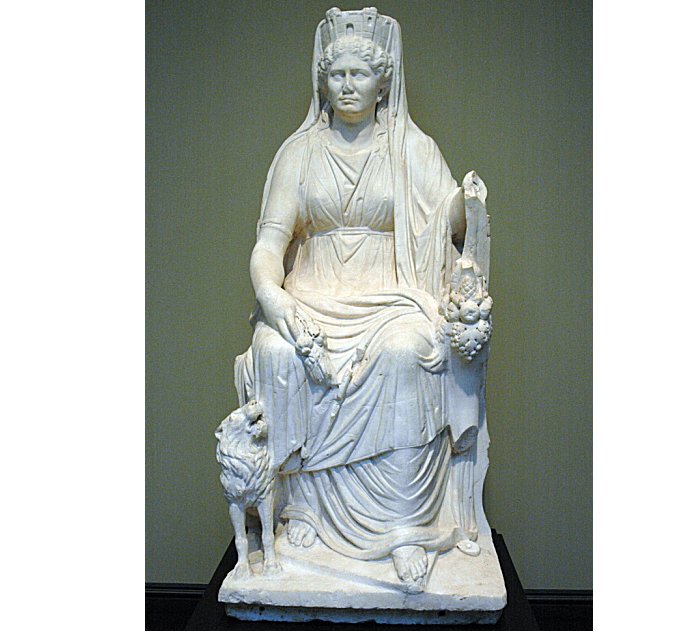 Cybele enthroned, with lion, cornucopia, and mural crown. Roman marble, c. 50 AD. Getty Museum
Cybele enthroned, with lion, cornucopia, and mural crown. Roman marble, c. 50 AD. Getty Museum
“The newly discovered statuette complements the series of pedestals for statues and reliefs found in the north of the Forum,” Martinova-Kutova said.
“In the northern part of the Forum, where the statuette was found, public life was flowing, people were flocking here, religious and other rituals were performed, so there is a lot of concentrated information about the history of ancient Philippopolis,” he said.
Recently, the same team of archaeologists discovered a marble plaque inscribed in Ancient Greek in the northern part of the Forum, which was part of an imperial letter written in response to a request on behalf of the city or the Thracian koinon, a union of cities.
Written by Conny Waters - AncientPages.com Staff Writer







